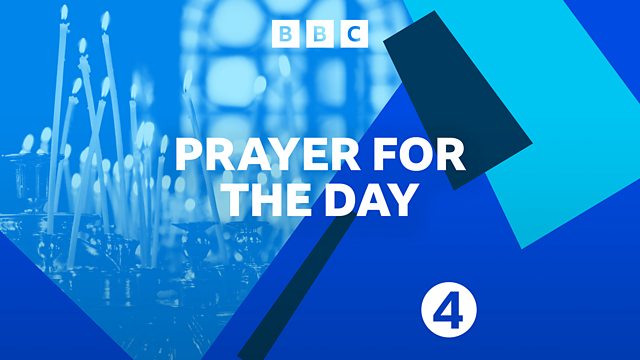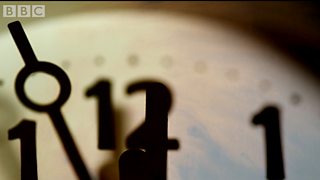
27/02/2017
A reading and a reflection to start the day with Canon Sarah Rowland Jones, Priest in charge of the City Parish of St John the Baptist in Cardiff.
Last on
Script:
Good morning. Today Anglicans commemorate the priest and poet George Herbert.
As an Anglican priest, and would-be poet, myself, I find a powerful synergy between poetry and prayer. For me, poetry has a potent capacity to enrich prayer. A poem’s ability to evoke fresh perspectives and insights, through concentrated, often oblique, language, can stir me when plain old prose barely scratches the surface, or leaves me cold.
Good poets like those who pray well, seem to me to be those who develop the craft – of being attentive. Each must pay careful and deep attention both to the world around, and to the whole person within. The particular gift of the poet is then to find words that can help the reader, see inside and beyond ourselves with fresh eyes.Â
At its best, the close observance demanded by both poetry and prayer can draw us deeper into life’s key questions about human identity, meaning and purpose.
Yet, although the American Wallace Stevens called the poet ‘the priest of the invisible’, poetry and prayer diverge in their ultimate objectives.Â
The inspiration that sparks a poem must then give way to the focussed work of editing: the ultimate goal is a tiny gem of fine-tuned language.
But form me and I suspect many of us when we pray, the goal is different: being drawn into deeper worship of, and engagement with, God’s own self.
Poet-priest George Herbert captures how poetry best promotes the life of prayer, by pointing us to things eternal, in words of one of his hymns: ‘A man that looks on glass, on it may stay his eye; or if he pleaseth, through it pass and then the heav’n espy.’
Lord God, through poetry and prayer, draw our eyes to see beyond ourselves, to the heavenly life to which you call us. Amen.
Broadcast
- Mon 27 Feb 2017 05:43Â鶹ԼÅÄ Radio 4

